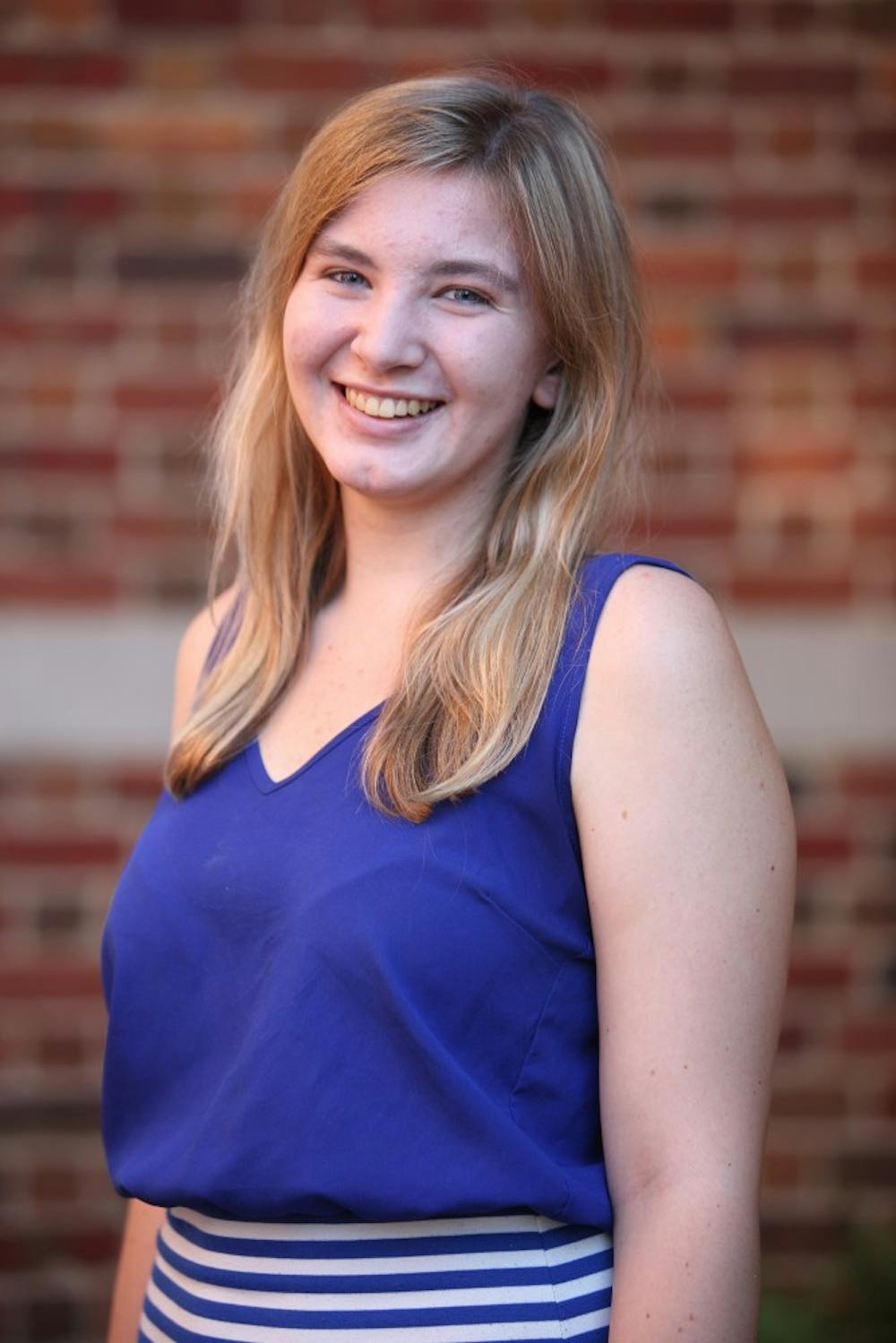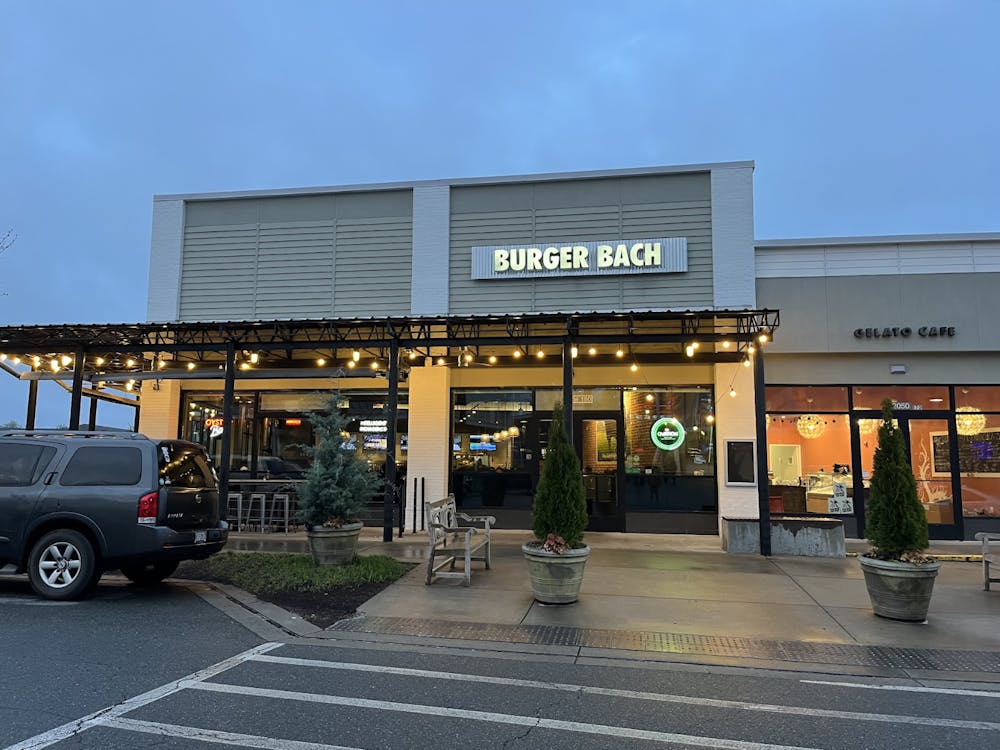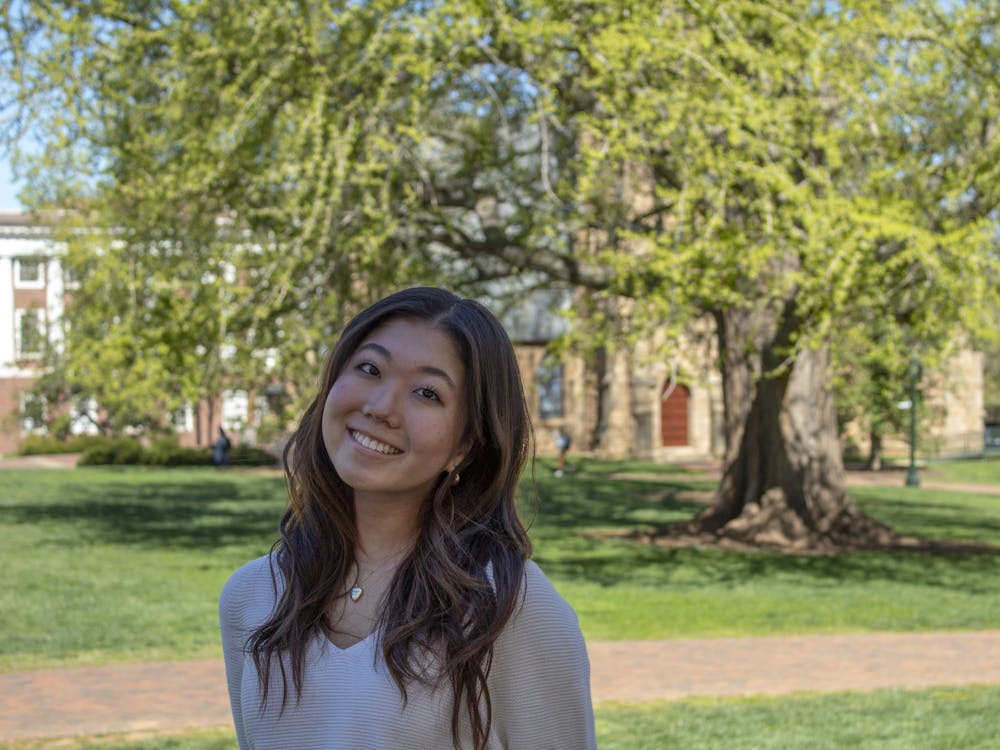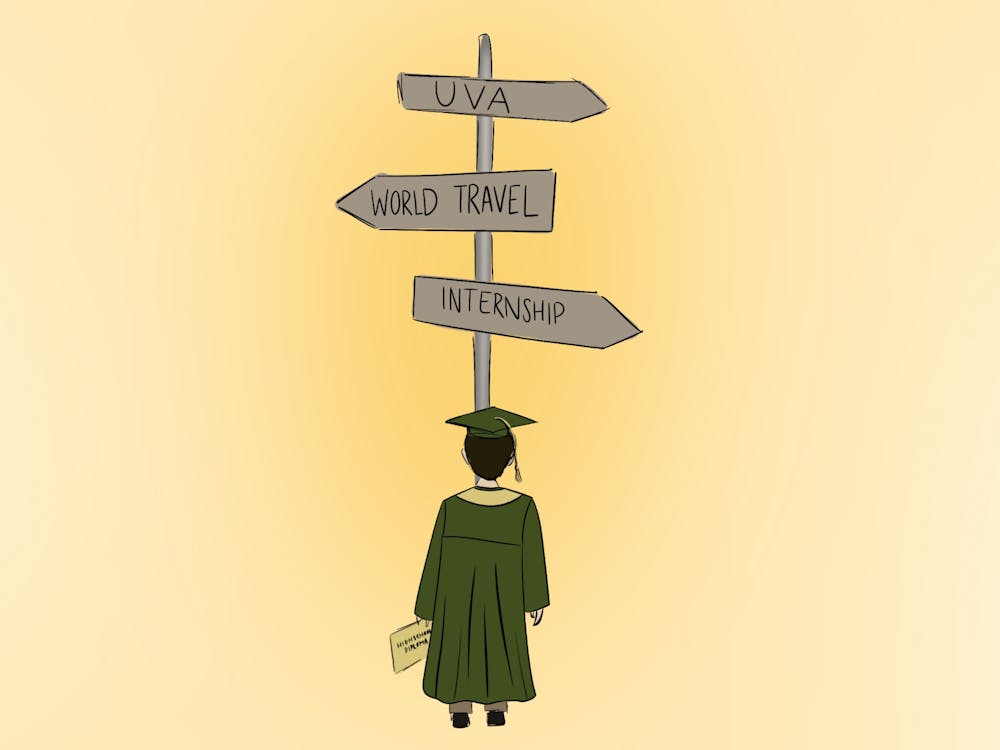The beginning of another semester can be hard to swallow. Not only does it mark the beginning of classes, but also all those consequential realities that go along with them — stress, sleep deprivation, long days and long lists of seemingly endless assignments. For me, at least, the first week of classes is always met with a kind of denial where I can’t help but avoid all things homework. Let me tell you, that charade lasts about five seconds before I become encompassed in assigned readings and response papers. I’m not complaining — after all, I’m a student of higher education and it comes with the territory. I’m only making an observation — albeit, an obvious one — that the first few days of a new semester are rocky.
In my experience, what can make-or-break this transition back into the classroom are our professors. Now, I don’t mean to burden or accuse them of being responsible for our academic happiness, but their actions do play a part. A passionate and excited professor will fuel passion and excitement in his or her students. A dull and uninterested professor will fuel dullness and disinterest in his or her students. At the University, the former is much more typical than the latter, but both kinds still exist here. Almost as important as this air for passion, however, are the policies the professors have in place. Those policies usually reflect the professor — his or her values, expectations and understanding.
After only a few days of classes, I felt a great amount of condescension — enough to make me, a student of the University, feel tiny. While I do not pretend to be in any position to give advice, I have a single plea — treat us like adults. We students are giving a lot to be here, and it is because we want to be here, learn and become professionals in our fields. We still need a boatload of guidance and pushes in the right direction, but those needs should not translate into a skepticism of our eagerness to learn.
We should be able to choose how to take notes in your class. Our syllabi should not try to dissuade us from coming to speak with you about our grades with phrases like, “Be aware that your grade can be lowered again.” Professors should trust that we will be honest when we’re sick, when we have to attend a funeral or if we sleep through our alarm. It’s important to understand that we are sleep-deprived and stressed out of our gourd and believe that we are doing the best we can.
On the flip side, I have crossed paths with countless professors that do all of this. Professors that give us the benefit of the doubt and respond to emails in a timely fashion and will work with us when problems arise, regardless if we are even enrolled in their course. These are the professors that excite us with academia and our futures by facilitating stress-free learning.
All levels of education are speckled with these two different kinds of professors — although, more accurately, these kinds represent two extremes on a spectrum. For our own sanity, it is important to learn how to connect with all kinds of professors. Do this by finding common ground, by starting a dialogue and communicating issues that are bothersome. This alone certainly won’t create a prosperous or genuine relationship, but it will create the beginnings of one — just take it one step at a time.
Admittedly, this is only one student’s opinion. I believe that professors need to trust their students to learn as much as students need to trust their professors to teach. Because, in the end, all good relationships require trust — even in the relationships that teachers forge with their students.





